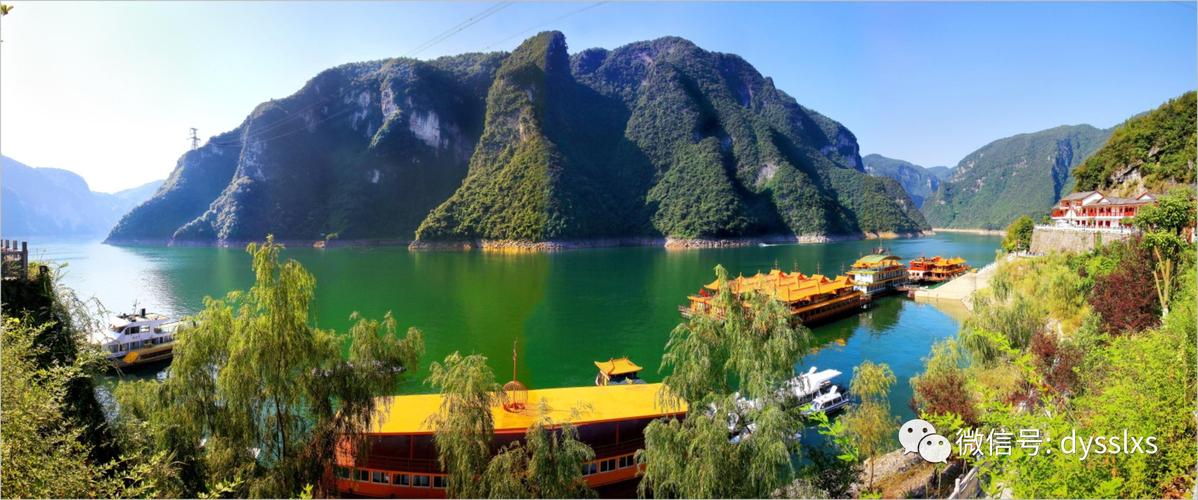The media landscape has undergone a seismic shift in recent decades, with the rise of digital platforms and social media completely transforming the way information is disseminated and consumed. In today’s world, it’s never been more important to understand the media and its role in shaping public opinion and discourse.
One of the biggest changes brought about by the digital age is the democratization of information. With the proliferation of social media platforms and non-traditional news sources, anyone with an internet connection can quickly find and share information on a global scale. While this has unleashed a wealth of knowledge and diverse viewpoints, it has also led to a rise in misinformation and fake news.
As such, it’s crucial to be media literate and develop the skills necessary to navigate this new media landscape. This means being able to distinguish between credible news sources and biased or unreliable ones, understanding the motives behind different perspectives, and critically evaluating the information presented.
Moreover, in this age of information overload, it’s important to learn how to curate and filter the content we consume. This means being intentional about the sources we follow and the information we seek out, and developing critical thinking skills that allow us to evaluate the legitimacy and relevance of the content.
Understanding the media is also crucial for anyone who wants to participate in public discourse and advocacy. Social media platforms have become powerful tools for activism and social change, allowing individuals and communities to connect and organize in ways that were previously impossible. However, to be effective advocates, it’s important to understand how these platforms work, how information is shared and amplified, and how to use them strategically to reach and engage your target audience.
In conclusion, the media plays a central role in shaping our perception of the world and influencing public opinion. Understanding the media landscape in today’s digital age has never been more important, both for personal and professional development and for active participation in democracy and social change. By developing media literacy skills and learning to navigate the digital landscape, we can ensure that we are well-informed and capable of making informed decisions about the information we consume and share.
(Note: Do you have knowledge or insights to share? Unlock new opportunities and expand your reach by joining our authors team. Click Registration to join us and share your expertise with our readers.)
Speech tips:
Please note that any statements involving politics will not be approved.
